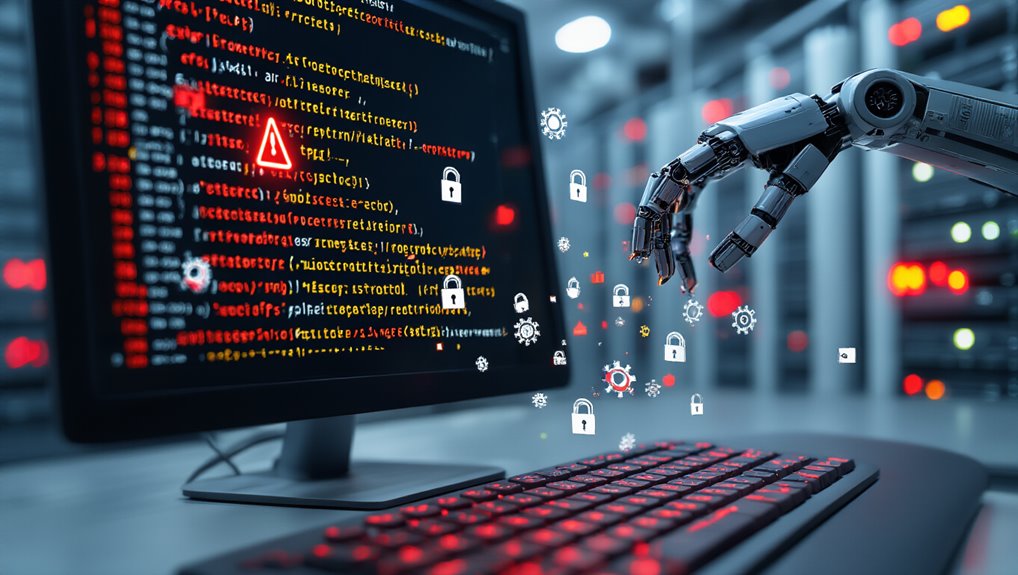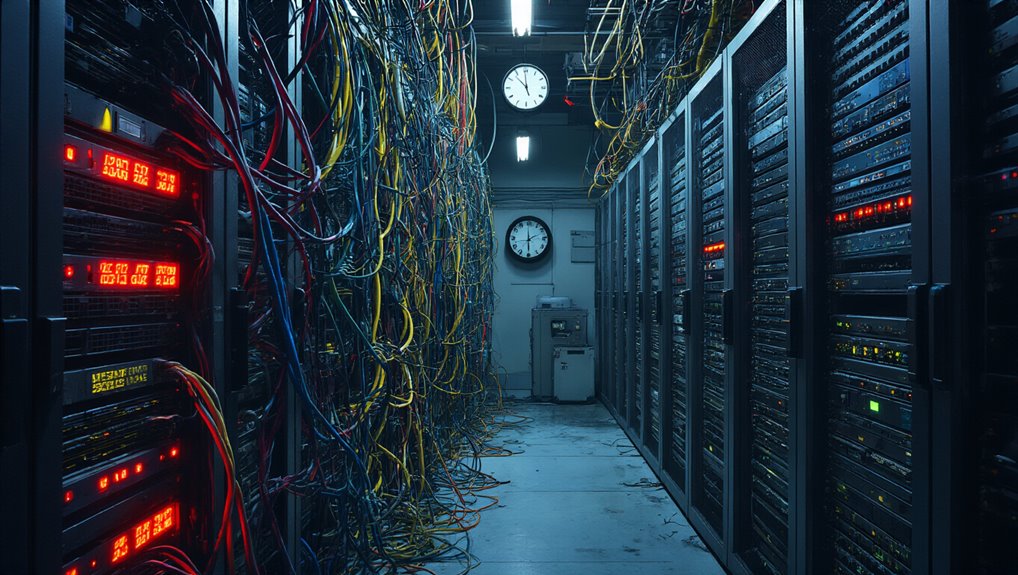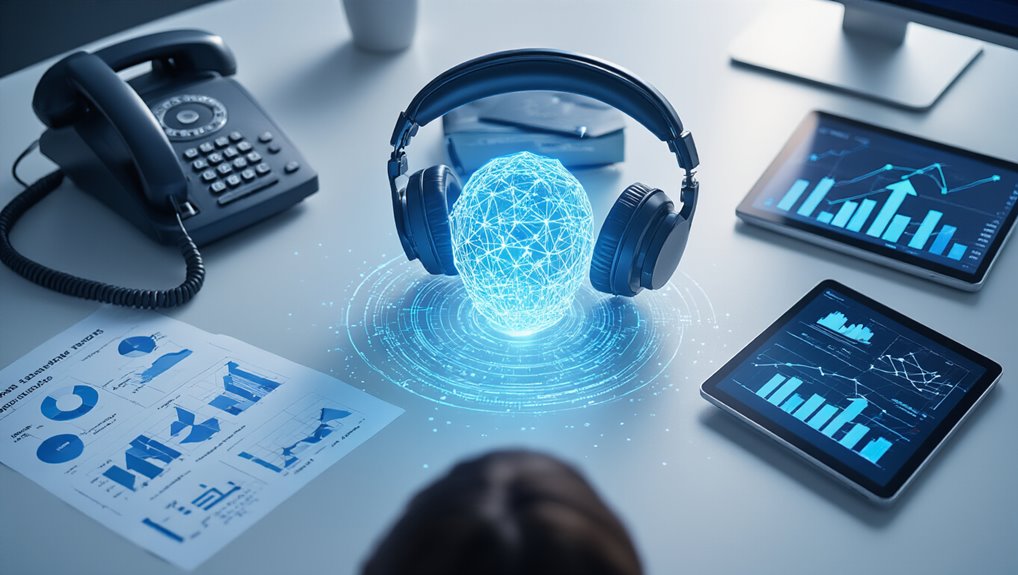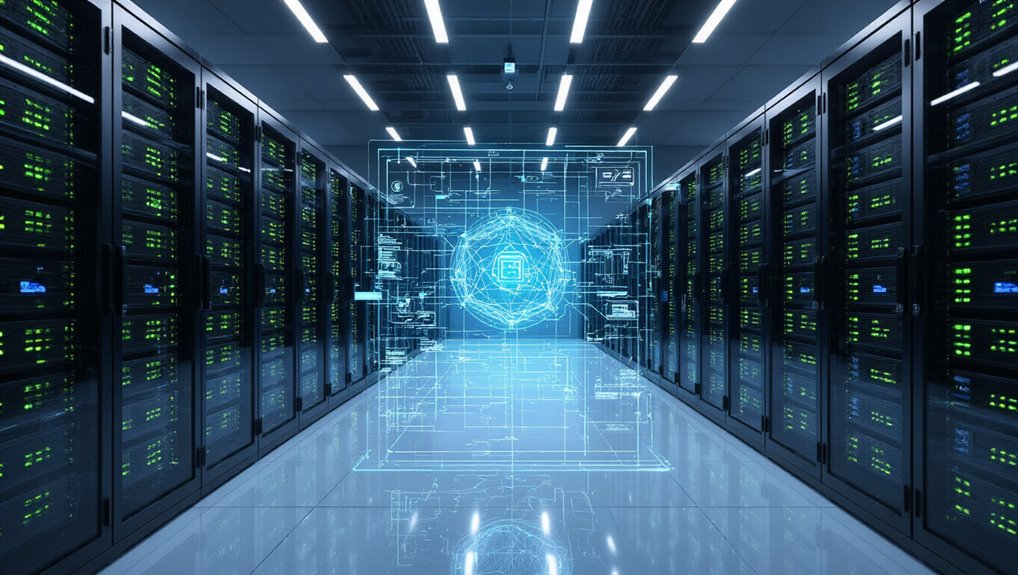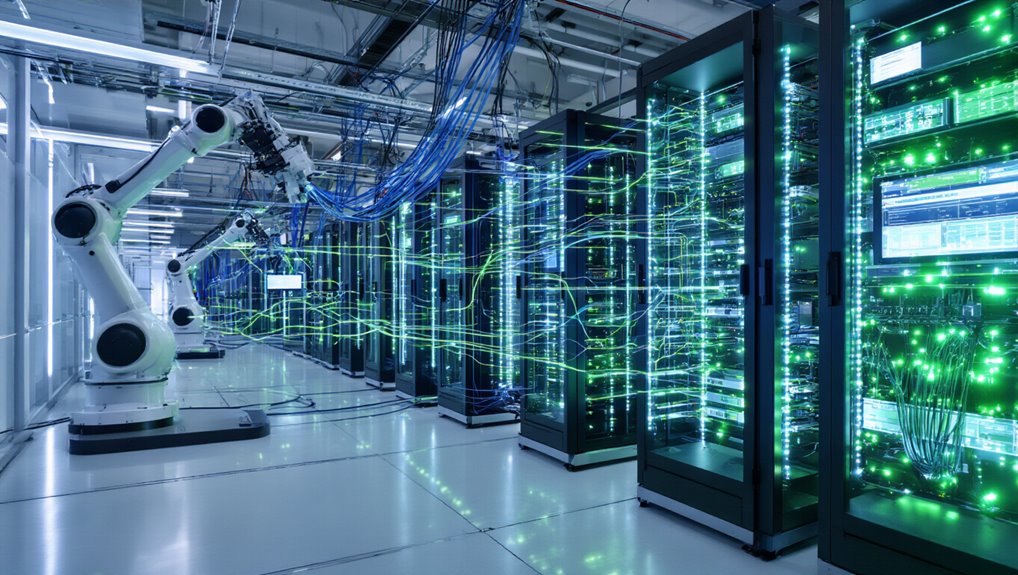As artificial intelligence transforms workplaces across the technology sector, employees are experiencing unprecedented levels of stress and anxiety related to these rapid changes. Research indicates that 72% of workers fear AI will negatively impact their job security, contributing notably to mental health challenges. This automation anxiety isn’t merely theoretical—it manifests in tangible productivity losses, with job security concerns correlating to a 28% decline in work output.
The implementation speed of AI technologies compounds these issues. Employees face mounting pressure to acquire new skills quickly while meeting escalating productivity expectations. This dual burden often disrupts work-life balance and leads to emotional exhaustion. In fact, 51% of workers report considerable concerns about AI’s impact on their career trajectories, which directly affects their job satisfaction and engagement levels. Organizations that implement proper repository training can help employees develop a comprehensive understanding of AI systems and reduce anxiety.
Organizations face critical challenges during AI shifts. The “J-curve” effect describes the common phenomenon where productivity temporarily drops before improving as teams adjust to new systems. Companies that neglect employee wellbeing during these shifts often experience increased absenteeism, turnover, and healthcare costs that offset technological gains. Despite these challenges, RPA implementation can yield substantial returns, with organizations reporting ROI of 30% to 200% within the first year.
Effective AI integration requires balancing innovation with human considerations. Forward-thinking companies leverage AI-driven tools to support rather than strain their workforce:
- AI-powered scheduling creates flexible staffing arrangements
- Smart environmental controls optimize workplace comfort
- Wearable devices enable proactive stress management
- Personalized training programs reduce adjustment strain
However, these solutions introduce their own ethical complexities. The collection and analysis of employee wellness data raises considerable privacy concerns. Organizations must implement transparent policies regarding data usage while guarding against algorithmic bias that could perpetuate unfair treatment. AI systems should enhance rather than replace human judgment, as overreliance on automation can significantly diminish employee autonomy and professional satisfaction.
The most successful AI adoptions occur when organizations prioritize transparency and support during shifts. When managed thoughtfully, AI can enhance workplace culture, improve employee experiences, and increase organizational trust—ultimately creating a technology-enabled environment where both productivity and wellbeing flourish.


